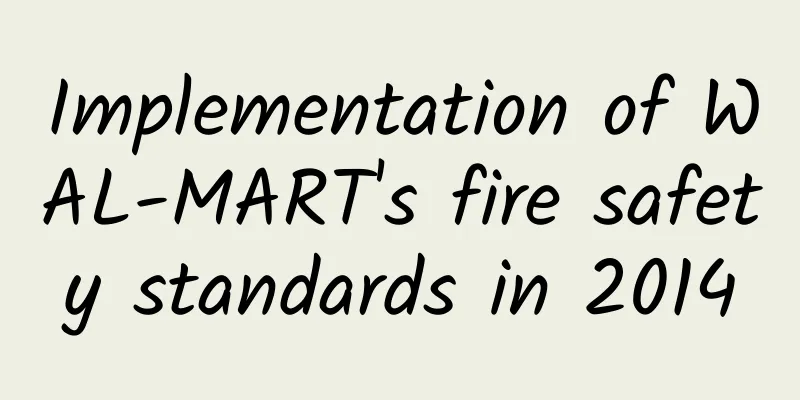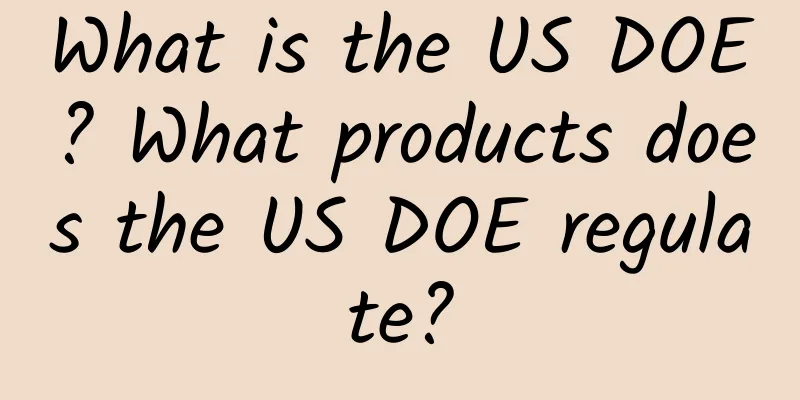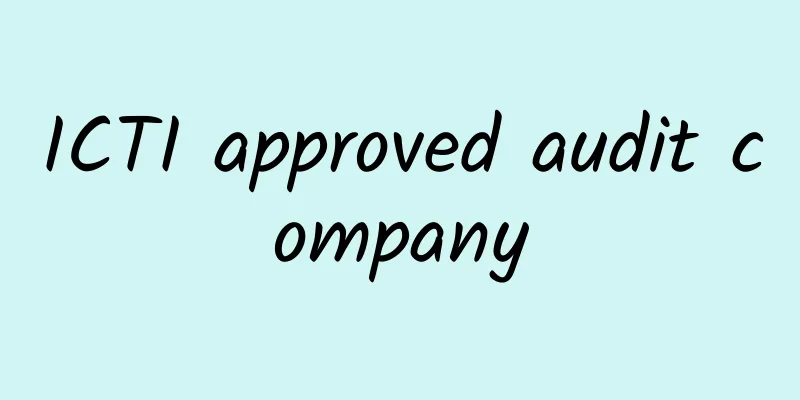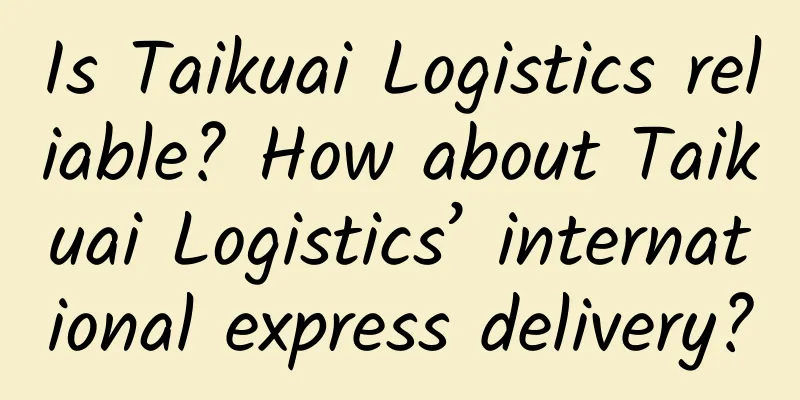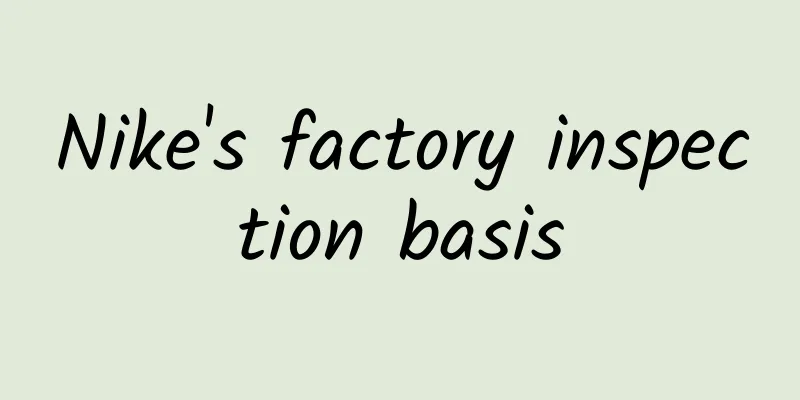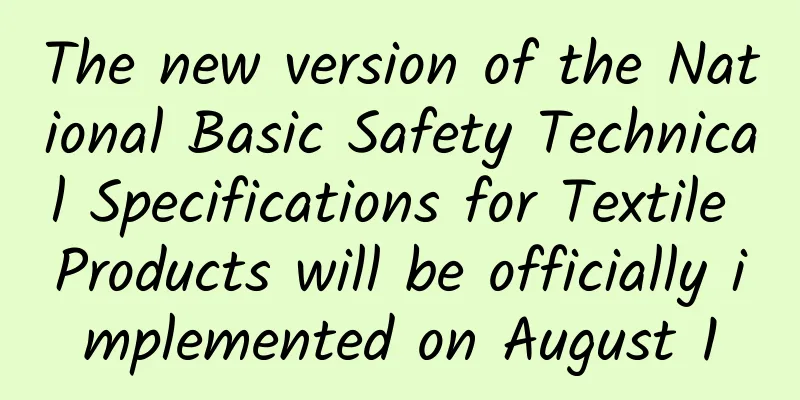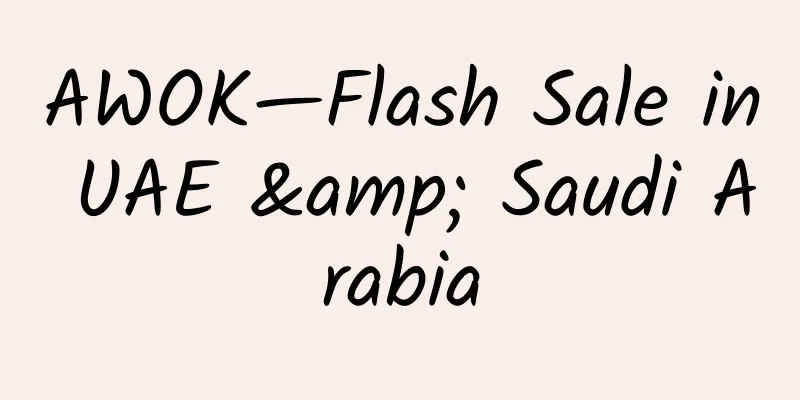What impact does C-TPAT have?
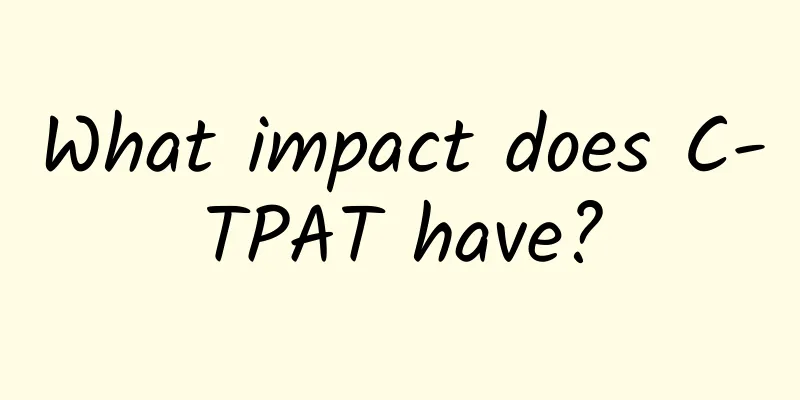
|
Suppliers face stricter supervision First, as business partners of US importers, local manufacturers/suppliers will face higher security program requirements and more stringent supervision from importers. Since March 25, 2005, CBP has further tightened the security requirements for its US importer members, including requiring importers to establish written and verifiable procedures to select business partners, including manufacturers, product suppliers and sellers; importers must also have documents to prove that business partners throughout the supply chain meet the security standards of C-TPAT (or the standards of equivalent supply chain security programs implemented by foreign customs authorities). Service Competitive Differentiators As a member of C-TPAT, both importers and carriers can distinguish their goods and services from competitors. For non-C-TPAT members (such as foreign manufacturers, warehouse operators, etc.), they also face certain market pressures and consider inviting third-party certification bodies to review their security procedures and issue certificates similar to ISO 9000 to show the outside world that they have followed relevant supply chain security guidelines. Supply chain security becomes part of global sourcing requirements Importers/countries (not limited to the United States, regardless of whether they are C-TPAT) are concerned about supply chain security, which will make security considerations part of the procurement requirements. Importers will place security responsibilities on manufacturers through orders, certificates, codes of conduct, dealer manuals, etc. Background: C-TPAT anti-terrorism program was developed by the U.S. Department of Homeland Security Customs and Border Protection after the 9/11 incident to protect the U.S. homeland security. Through anti-terrorism factory inspection, the factory's products can enter the U.S. through a fast track, reduce customs inspection links, ensure the safety of goods, and thus win the favor of American buyers. |
<<: JCPenney Environmental Policy Matters
Recommend
CE certification evaluation model
CE certification can be said to be the most advan...
Walmart launches "Green Product Promotion Week"
From LED TVs that save 35% of electricity compare...
REACH - "Registration, Evaluation, Authorization and Restriction of Chemicals"
What is REACH? REACH (REGULATION concerning the R...
What is Picography? What services does Picography offer?
Picography is a photography picture sharing websi...
Background of ISO14000 series standards
Background of ISO14000 series standards : With the...
If eBay wants to do well, what are the methods it must know?
How do eBay sellers want to get more sales? If yo...
Lowe's factory inspection matters needing attention
Lowe's/Lloyd's Quality Factory Inspection ...
What is Darty? What are the requirements for Darty?
What is Darty? Darty is a well-known French home ...
What is Meesho? What are the advantages of Meesho?
Meesho was founded in 2016. As a social e-commerc...
Quanguantong released "Imported Cosmetics Consumption Tax Policy and Cross-border E-commerce Tax Rate Application Tips"
Cosmetics have gradually become an indispensable ...
InstaSize—The easiest way to create high-definition pictures and videos
What is InstaSize? InstaSize is an application th...
How about Wanxiang Supply Chain? What are the advantages of Wanxiang Supply Chain?
How about Wanxiang Supply Chain? Wanxiang Supply ...
The latest version of OEKO-TEX Standard 100 certification standard will take effect on April 1
At the end of 2012, a piece of news that 14 world...
The latest TESCO quality factory audit requirements
Regardless of the customer's factory inspecti...
What is Jike International E-commerce? What are the products and advantages of Jike International E-commerce?
Shenzhen Jike E-commerce Co., Ltd. was establishe...
